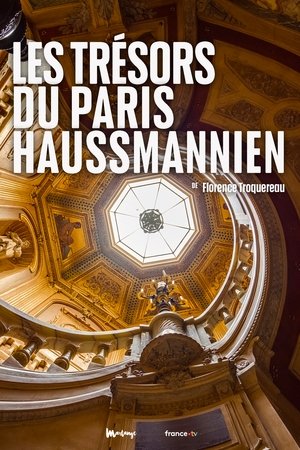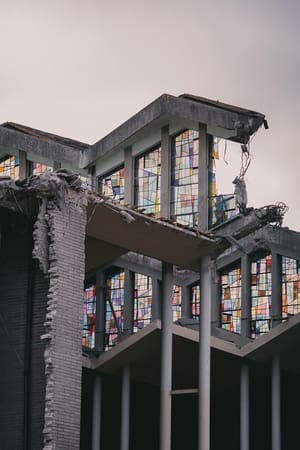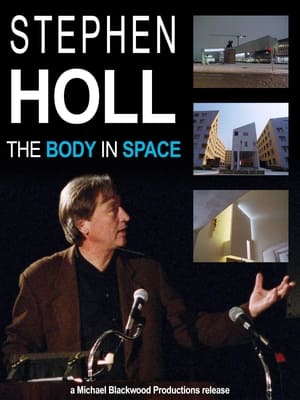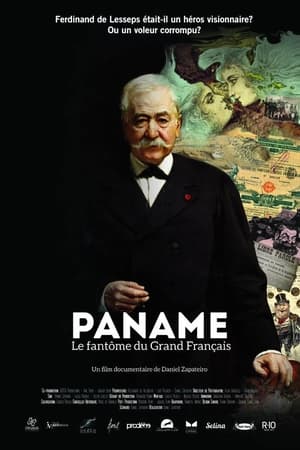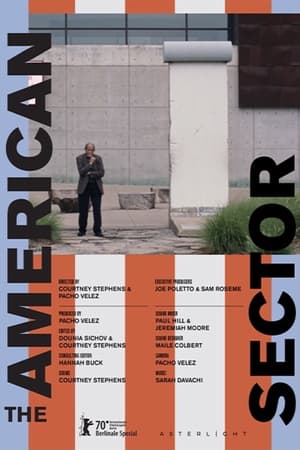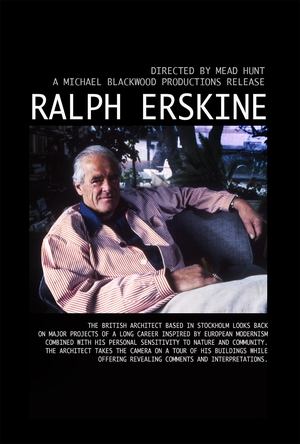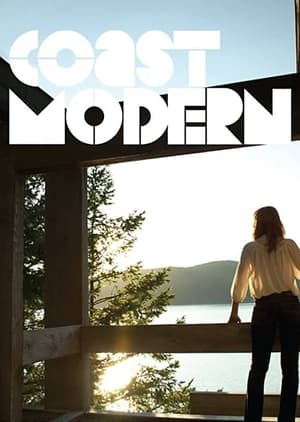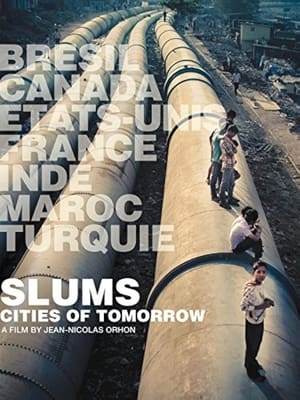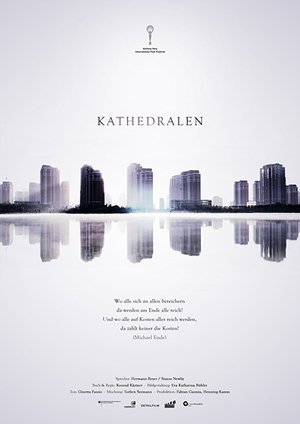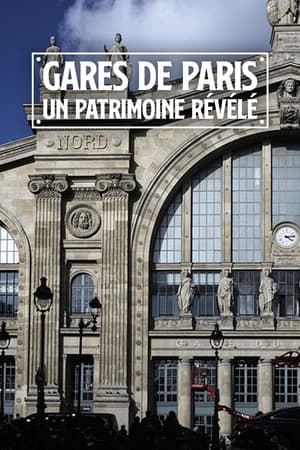Overview
An extraordinary journey through the material that makes up our habitat: concrete and its ancestor, stone. Victor Kossakovsky raises a fundamental question: how do we inhabit the world of tomorrow?
Reviews
Did you know that after water, concrete is the most used substance on Earth? That follows on from our discovery of just adaptable stone could be. Since prehistoric times we have used it for everything from weaponry to housing, and though this doesn’t go back quite that far it uses some interesting photographic techniques to illustrate just how we incorporate it into everyday life. From time to time these images are quite cleverly presented, especially the explosive cascading of the more sedimentary and crystalline rocks that almost crumble as they descend, and there are also some rather depressing remnants of constructions that have suffered through time to now resemble something from a war zone. Sadly, though, most of the conversation adds very little to the rather repetitive nature of the film and there is an certain element of once you have seen one or two drone-shot sequences, then maybe you have seen enough. It could have been better encapsulated onto half an hour where the photography and it’s underpinning chronology could have been used to more potent effect, and the soundtrack rather adds to the blandness after a while rather than augmenting anything. It does showcase some quite differing architectural styles - human and natural, and you don’t need to be an aesthete to appreciate that some are more appealing than others, and it is worth a watch.

 98 min
98 min
 6.25
6.25
 2024
2024
 France
France
 CinemaSerf wrote:
CinemaSerf wrote:

